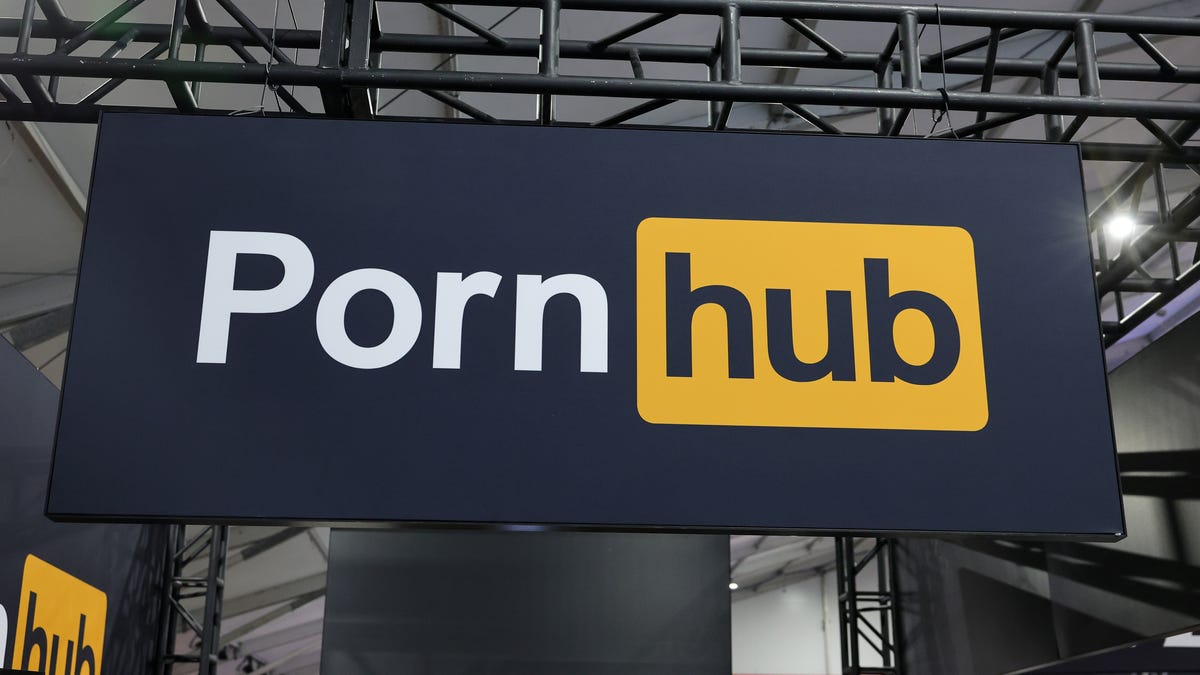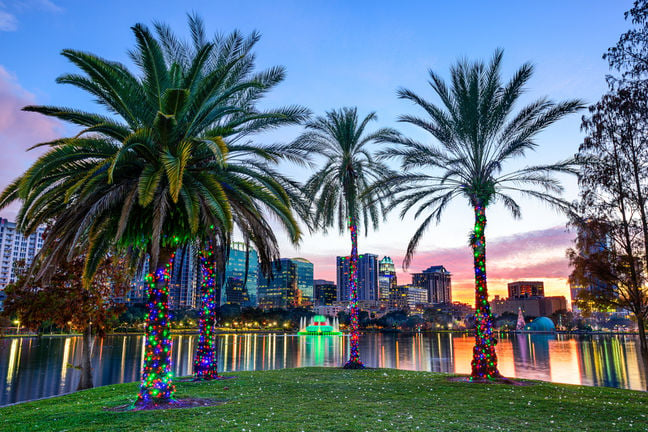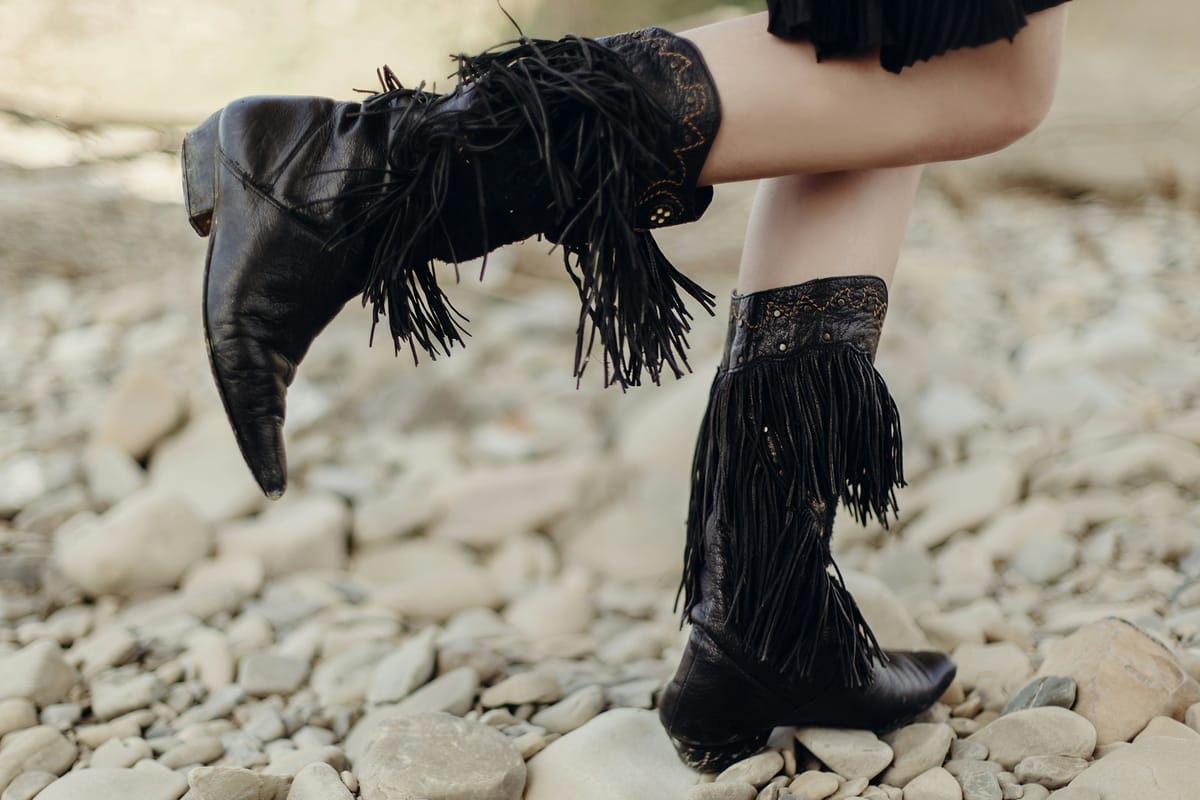State masks up finally – its IP addresses, that is

www.theregister.com
Pornhub pulls out of Florida, VPN demand 'surges 1150%'
64

State masks up finally – its IP addresses, that is[/HEADING]
Jessica Lyons
Sun 5 Jan 2025 // 23:00 UTC
Florida witnessed a massive rise in VPN demand on New Year's Day after Pornhub began prohibiting people from accessing its site from within the Sunshine State, it is claimed.
Between the clock striking midnight and 4am on January 1, the day of the Pornhub pullout, the folks at VPN-pushing vpnMentor documented a rather incredible
1150 percent spike in Floridians wanting to use a VPN to mask their public IP addresses.
January 1 marked the implementation of Florida's age-verification mandate, so perhaps all those netizens were scrambling for a VPN client and provider so that they appeared to the adult dot-com to be visiting from somewhere outside the Sunshine State, and thus evade Pornhub's blockade.
VPN demand, what's that exactly? vpnMentor is a site that recommends various VPN providers and tracks the industry. By demand, it means evidence that people are curious about using a VPN, from things like searches for VPN software and clicks on links to download a client, rather than actual VPN traffic and usage.
A spokesperson explained to us: "To measure the impact of VPN demand the research team compiles data from a variety of sources. The team uses internal tools to assess changes in terms of search volume, web traffic, and clicks related to VPN services in general. We work with different metrics which we analyze, and we evaluate the searches or impressions that transform into downloads."
So, in this context, take "demand" as a rough estimate of interest in a VPN service, rather than vpnMentor observing stuff like packet flows or connections.
Here's the back story: In March, Florida Governor Ron DeSantis (R) signed the Online Protection for Minors act, aka
House Bill 3, into law. The legislation requires websites to verify visitors' ages, and for those hosting a "substantial portion of material harmful to minors," such as Pornhub, to block access to anyone under 18 in an effort to prevent kids and teens from peeping on any pornographic videos. Making sure children aren't looking at smut online requires identity and age verification, which Pornhub isn't willing to get into.
HB3 allows fines of up to $50,000 for websites that don't comply with the regulations.
And so in response, Pornhub's parent company Aylo decided to yank the site from Florida users as it had
already done in other states with similar laws, including Kentucky, Indiana, Idaho, Kansas, Nebraska, Texas, North Carolina, Montana, Mississippi, Virginia, Arkansas, and Utah.
"Unfortunately, the way many jurisdictions worldwide, including Florida, have chosen to implement age verification is ineffective, haphazard, and dangerous," Aylo told news outlets in a
statement.
"Any regulations that require hundreds of thousands of adult sites to collect significant amounts of highly sensitive personal information is putting user safety in jeopardy. Moreover, as experience has demonstrated, unless properly enforced, users will simply access non-compliant sites or find other methods of evading these laws."
America's favorite X-rated video-sharing site pointed to Louisiana as an example. That state began requiring age verification last year, and according to Aylo, Pornhub was one of the few sites to comply with the new law.
"Since then, our traffic in Louisiana dropped approximately 80 percent," the statement continued. "These people did not stop looking for porn. They just migrated to darker corners of the internet that don't ask users to verify age, that don't follow the law, that don't take user safety seriously, and that often don't even moderate content. In practice, the laws have just made the internet more dangerous for adults and children."
For what it's worth, Robin Tombs, boss of Yoti, which provides age checks for blue-movie sites in the US,
argued earlier this week that its age confirmation system, using facial analysis, and identity document verification is secure and safe, as you might imagine.
War on Texas law requiring ID to savor smut online heads to Supreme Court
Pornhub walls off Utah in age-verification law protest
Australia passes law to keep under-16s off social media – good luck with that, mate
US standards agency reports back on just how good age verification software is
While we can't confirm that these laws have made the internet more dangerous, vpnMentor did document a similar VPN services surge in other say-no-to-porn states. In May 2023, Pornhub's Utah users ban resulted in a
967 percent spike in VPN demand, and Texas' law last year saw a
234.8 percent uptick.
Some Florida residents jumped the gun before that smut site started geoblocking Florida IP addresses. On December 19, a day after Pornhub's decision to eject from that state, vpnMentor noted a 51 percent jump in that state's VPN demand.
The New Year may ring in some good news for southern states' smut surfers, however. Over the summer, the US Supreme Court agreed to
hear a case challenging the legality of the Texas law, which could set a precedent for similar age-verification mandates — and, thus, Pornhub blocks.
The Texas case, Free Speech Coalition,
et al v. Paxton, is
set for argument on January 15. ®

 www.news-journalonline.com
www.news-journalonline.com






